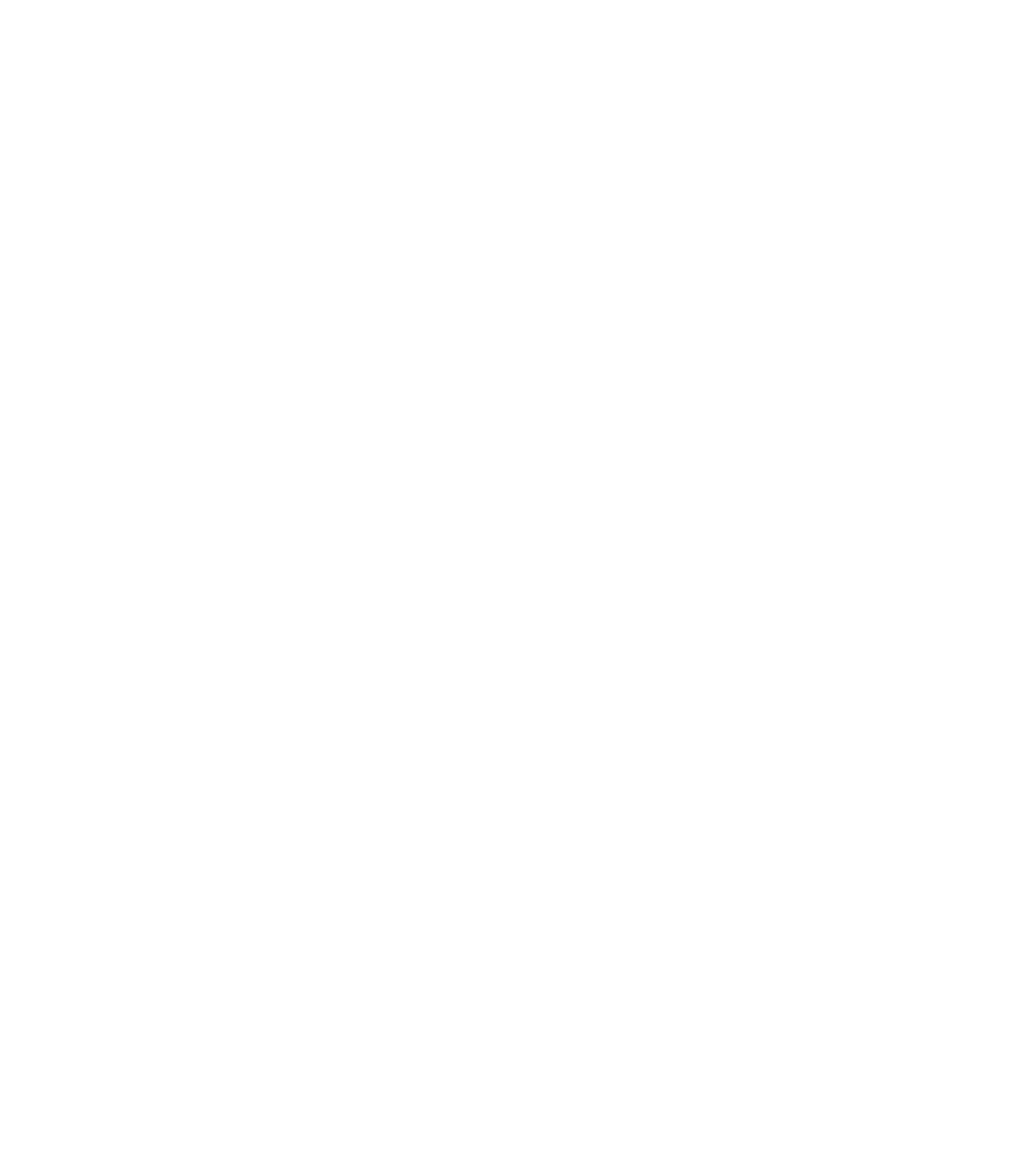Panic attacks can be a terrifying experience that can leave you feeling helpless and alone. Fortunately, there are resources available to help you during a panic attack, including hotlines and crisis centers. In this article, we will discuss how to identify the signs of a panic attack, when to seek professional help, and resources for getting immediate help during a panic attack.
Signs of a Panic Attack
A panic attack is a sudden and intense feeling of fear or discomfort that peaks within minutes. The symptoms of a panic attack can vary, but they may include:- Rapid heartbeat or pounding heart
- Sweating
- Trembling or shaking
- Shortness of breath or feeling smothered
- Feeling of choking
- Chest pain or discomfort
- Nausea or abdominal distress
- Feeling dizzy, unsteady, lightheaded, or faint
- Feelings of unreality or detachment from oneself
- Fear of losing control or going crazy
- Fear of dying
When to Seek Professional Help
If you have experienced one or more panic attacks, it's important to seek professional help. A mental health professional can help you identify triggers and develop coping strategies to manage your panic attacks. Additionally, if you experience any of the following, seek professional help immediately:- Chest pain or discomfort
- Shortness of breath or difficulty breathing
- Fainting or feeling faint
- Severe abdominal pain or vomiting
- Suicidal thoughts or behaviors
Panic Attack Hotlines and Crisis Centers
If you are experiencing a panic attack and need immediate help, there are several hotlines and crisis centers available:- National Suicide Prevention Lifeline (1-800-273-TALK): This hotline provides confidential support for people in distress, including those who are experiencing a panic attack.
- Crisis Text Line (Text HOME to 741741): This text-based crisis line provides support for people in crisis, including those experiencing a panic attack.
- National Alliance on Mental Illness (NAMI) (1-800-950-NAMI): NAMI provides support and resources for people with mental health conditions, including panic attacks.
- Substance Abuse and Mental Health Services Administration (SAMHSA) (1-800-662-HELP): SAMHSA provides referrals to local treatment facilities, support groups, and community-based organizations for people with mental health and substance use disorders.
- American Psychological Association (APA) (1-800-374-2721): The APA provides a psychologist referral service to help you find a licensed psychologist in your area.
- Anxiety and Depression Association of America (ADAA): ADAA is a nonprofit organization that provides resources, education, and support for individuals affected by anxiety, depression, and related disorders. You can find information on panic attacks, treatment options, and find mental health professionals in your area.
